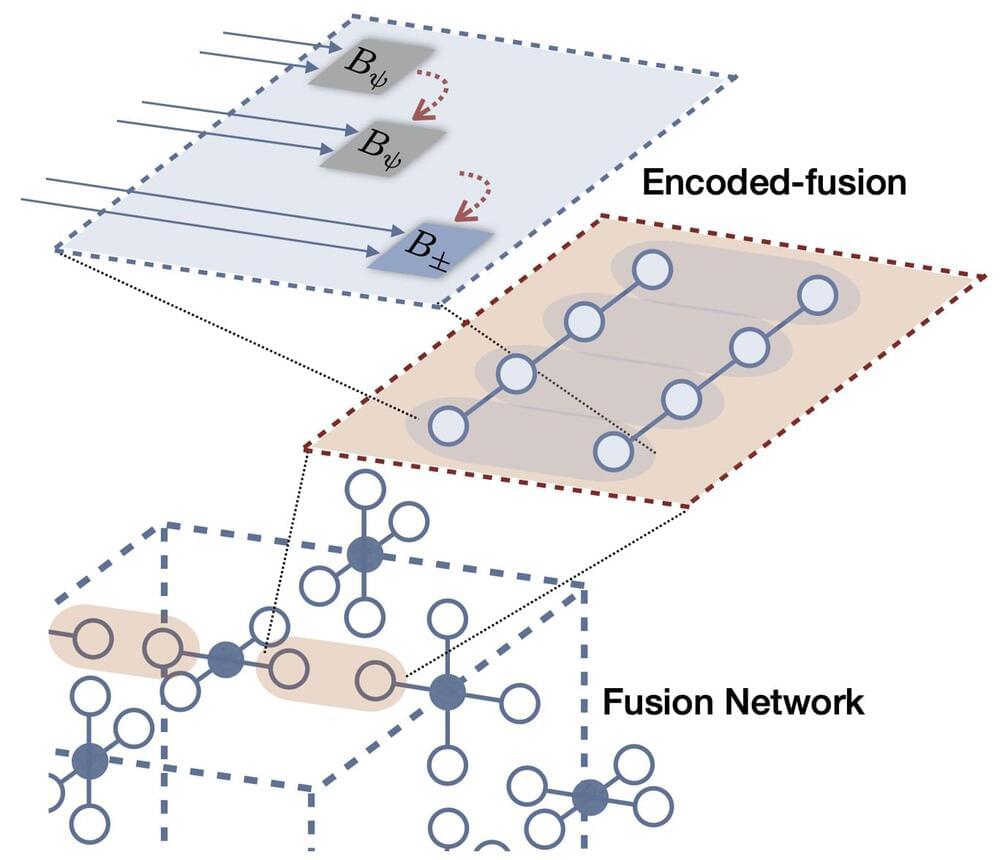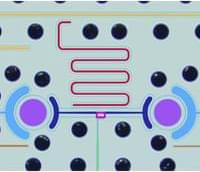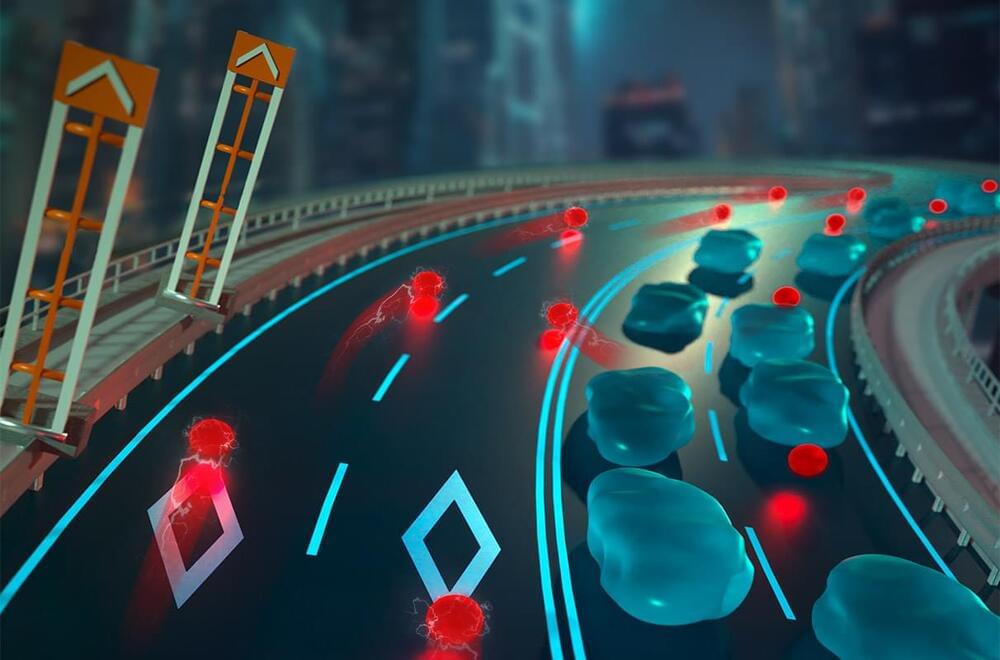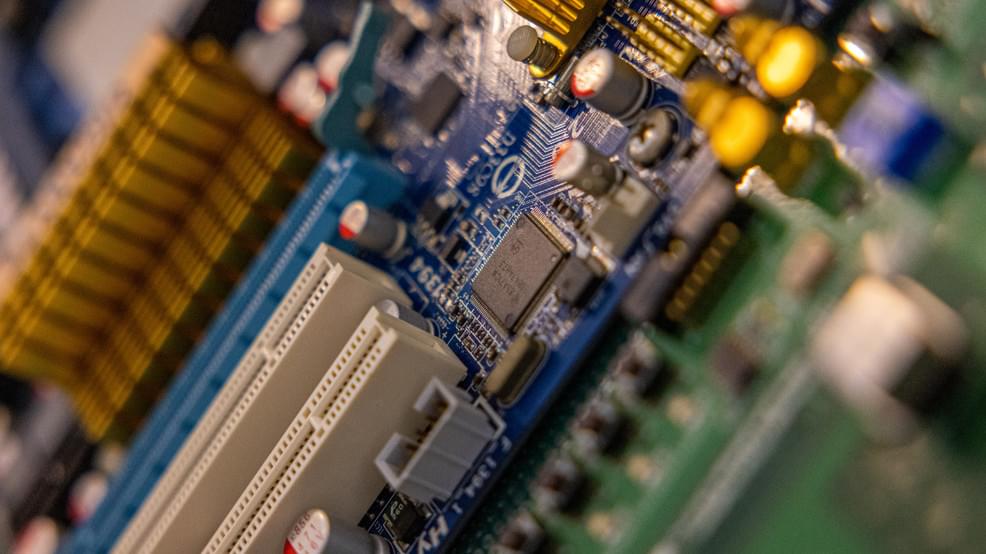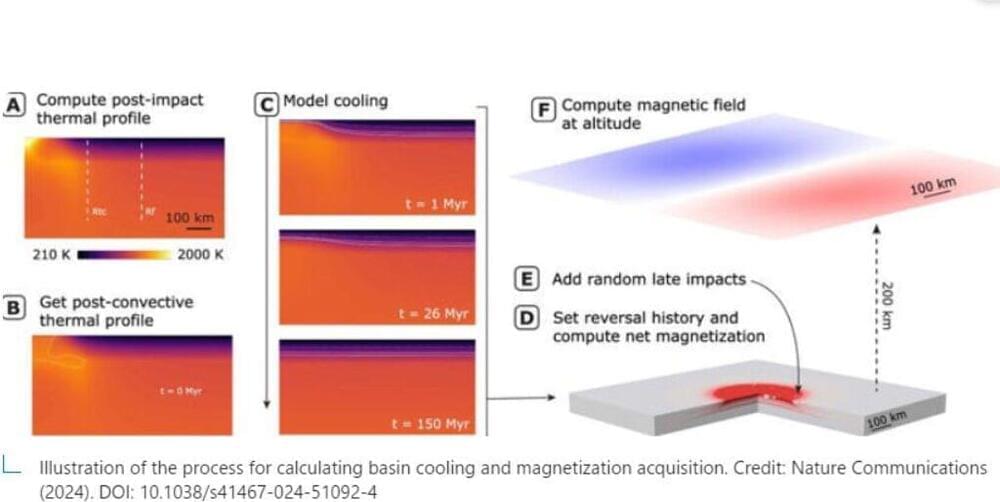The Public Utilities Commission of Texas (PUCT) on Thursday adopted a rule requiring virtual currency mining facilities in the region maintained by the Energy Reliability Council of Texas (ERCOT) to register with the commission. In these registrations, the PUCT seeks each facility to share its location, ownership information and demand for electricity.
Cryptocurrency mining, in which computers crack codes in order to verify crypto transactions, has been on the rise in Texas for the past few years, specifically after China banned the practice in May 2021. The state itself was luring miners to set up shop here, offering relative regulatory freedom at first. But in the last year, Texans have been speaking out against the mines, which operate scores of their large computers at all hours of the day. The computer usage, coupled with the fans required to cool down the hard-working machines, can use up a lot of power and make the kind of noise that residents say make them sick.



